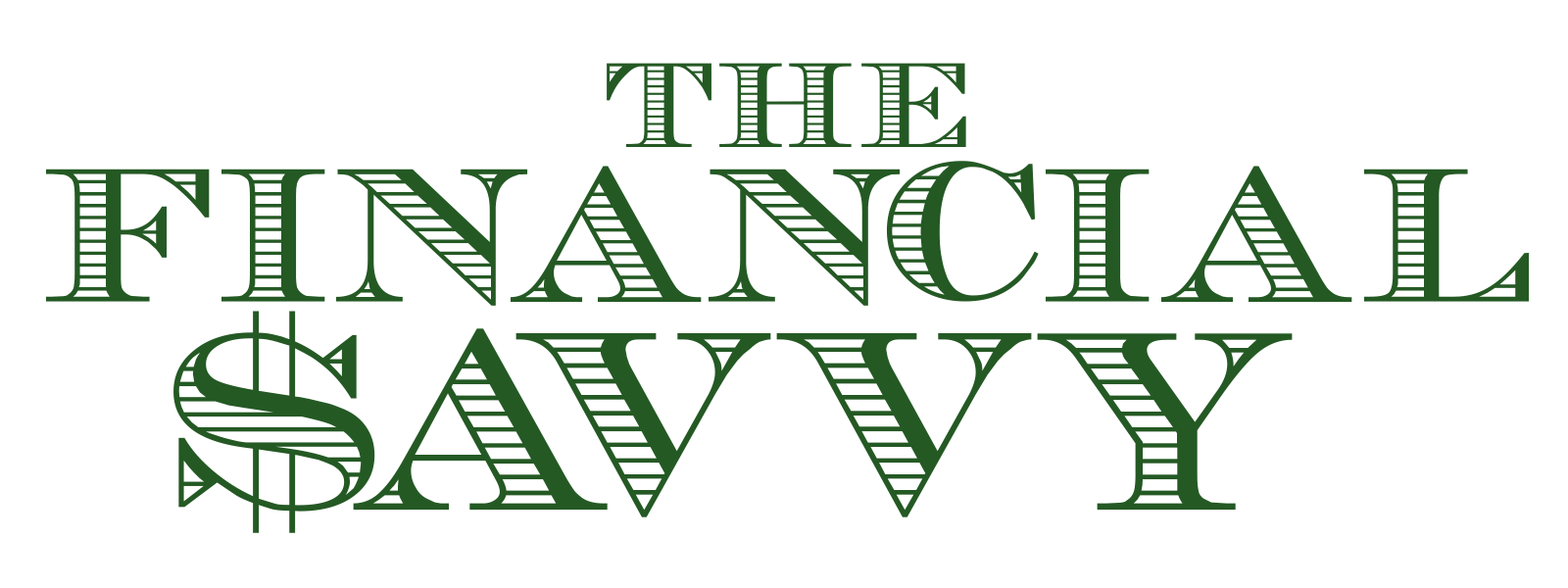The Importance of Regular Financial Check-Ups
When it comes to our health, most of us understand the importance of regular check-ups with our doctors. We schedule annual physicals, dental cleanings, and eye exams to ensure we are in good health and catch any potential issues early. But what about our financial well-being? Just like our physical health, our financial health needs regular attention and assessment to ensure we are on track to meet our goals and secure our future.
Why Regular Financial Check-Ups Are Important
Regular financial check-ups are essential for several reasons. First and foremost, they allow us to monitor our financial progress and make any necessary adjustments to our budget or investment strategy. By reviewing our income, expenses, savings, and investments on a regular basis, we can identify areas where we may be overspending, missing out on opportunities to save, or not maximizing the return on our investments.
The Dangers of Neglecting Financial Health
Neglecting our financial health can have serious consequences. Without regular check-ups, we may not realize that we are overspending, carrying too much debt, or not saving enough for retirement until it is too late. This can lead to financial stress, missed opportunities, and even bankruptcy. Just like an untreated medical condition can worsen over time, financial problems can compound and become more difficult to resolve if left unchecked.
How to Conduct a Financial Check-Up
Conducting a financial check-up is not as daunting as it may seem. Start by gathering all of your financial documents, including bank statements, credit card bills, investment account statements, and any other relevant paperwork. Calculate your net worth by subtracting your liabilities from your assets, review your budget to see where your money is going, and evaluate your investment performance. If you are unsure where to start, consider seeking the help of a financial advisor who can provide guidance and expertise.
We are a leading digital reference platform for personal finance management tips and tools. From learning how to effortlessly track your cashflow and gain insights that’ll help you see easy opportunities to information on how to save and find the best deals and discounts we have you covered. Our categories include Budgeting, Job Hunting, Groceries, Credit Cards, Credit Scores, Home & Home Buying, Investing, Retirement Planning, Car Related, Medical Related and much more...












